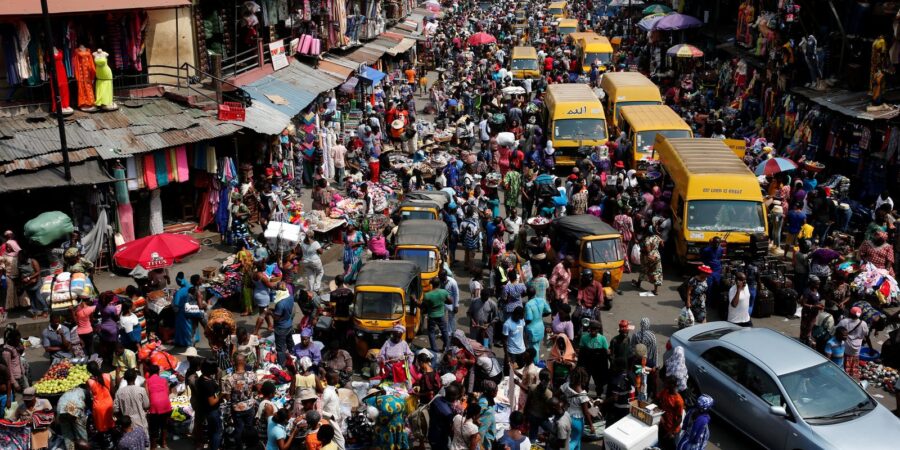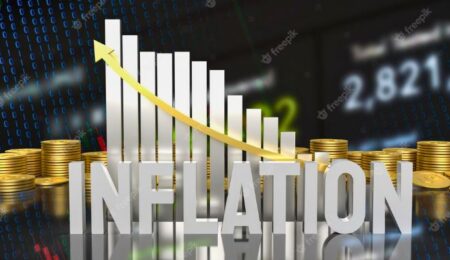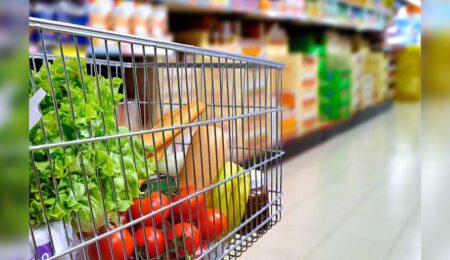Fuel subsidy has always been a reoccurring topic of discussion in Nigeria, Africa’s largest economy. And every reason for its discussion oscillates between its expensive cost or plans for total removal. As before, this topical issue has stirred up reactions from Nigerians recently, following the government’s announcement of an $800 million loan from the World Bank to scale up its national social program ahead of the extravagant fuel subsidy removal. Many have faulted this move, majorly because it is a profligate expenditure that will bear no real-time impact. Asides from the inability of the fund to cater for less than half of the 133 million multi-dimensionally poor Nigerians, previous similar cash rollouts have proven abortive in the country, igniting low trust in the credibility of such a process.
Nigeria has plans to remove its fuel subsidy by June because its payment has become unsustainable for its ailing economy. The country is neck-deep in debt, so the removal of fuel subsidies is inevitable. But there are projected challenges, especially for the incoming government. Before now, different administrations have tried removing subsidies, but as a politically sensitive issue, every attempt has been greeted with an outcry. For example, in 2012, the federal government more than doubled the fuel price from ₦65 to ₦145 per litre to remove the subsidy on refined petroleum products. But this led to widespread protests and a 10-day national strike that ended when the government partially reversed the increase by reducing the price to ₦97 (USD 0.61) per litre.
Going by budgetary allocation and the president-elect’s campaign promise, fuel subsidies will be removed in his administration. However, energy experts have declared that the prevailing situation and indices in the country might make it near impossible. According to them, its removal would bring hardship to Nigerians, most of who already live beyond the poverty line, and the government has done almost nothing to prepare the nation for the new regime of removal.
What can Nigeria do best for easy subsidy removal?
One certain thing is that for the subsidy removal to have a smooth transition, mechanisms to curb the harsh effect of subsidy removal will not be business as usual, largely because the country is presently at an economic and political tipping point. Importantly, the objective of whatever compensation measures are endorsed should be centred on mitigating the impact of fuel subsidy removal on the poor and vulnerable groups, irrespective of their political affiliation, ethnicity, religion, gender or any other bias.
Nigeria is not the first country on the continent to face challenges with fuel subsidy removal. Several African countries have implemented fuel subsidies in the past, and like Nigeria, its removal was contentious. But there are lessons of success to be learnt in some countries, and other previous Nigerian administrations.
One of the major measures the government can take before subsidy removal is the introduction of transportation vouchers and mass transit. This is because the instantaneous pang of the subsidy removal is likely to manifest through higher public and informal transport prices. Transport operators in Nigeria rely heavily on petrol and diesel to power their vehicles and an increase in fuel price will be passed on to passengers in the form of higher fares. By extension, this has a ripple effect on the prices of goods and services, as transport costs are a significant component of the cost of goods.
When Mozambique undertook the removal of fuel subsidies between 2010 and 2012, the government widely distributed transport discount vouchers to reduce the impact of the reform process on citizens like workers, students, and the elderly. This helped reduce the cost of mobility which would have been burdensome for this group of people. This is a credible measure the Nigerian government should look into embracing for the well-being of its people.
Similarly, the Nigerian government should invest in mass transit, as previous administrations had done. For instance, in response to the 2003 protests, former president Olusegun Obasanjo negotiated an agreement with the Nigeria Labour Congress (NLC) and its allies through which the federal government would give N100 million to each state, which every state was expected to match with a further N200 million to provide loans to reputable public transport companies.
During President Goodluck Jonathan’s regime, over N16 billion of Subsidy Reinvestment and Empowerment Programme (SURE-P) funds were released for the Public Mass Transit Revolving Fund (PMTF) that provided vehicles for mass transit. However, the funds were reportedly squandered. Interventions like this, if well managed, can significantly reduce the hardship experienced by citizens, while encouraging more sustainable and environmentally friendly modes of transport.
Furthermore, as one of its responses to high fuel prices in Namibia between 2007-2008, the government introduced a zero-rate VAT for staple foods, tax rebates for food importers and a subsidized food distribution scheme targeted at the rural poor. The Nigerian government can implement price controls on essential commodities such as food, medicine, and other necessities to prevent inflation and ensure that prices remain affordable for low-income households.
Generally, to not feel the pinch of fuel subsidy removal, fuel consumption must reduce. Kenya trod this path to the point of removing its subsidy by embracing rural electrification. Investments in energy access programs can help reduce dependence on traditionally subsidized fuels. But while this is more of a long-term consideration, an early start is advisable. The government can promote the adoption of renewable energy sources such as solar, wind, and hydropower. This would reduce the country’s dependence on imported fuel and provide an alternative energy source for households and businesses.
The issue of fuel subsidy removal is a complex one that requires careful consideration and planning to minimize negative impacts on the poor and vulnerable groups. As Nigeria prepares to remove its costly but popular fuel subsidy, it must learn from the successes and failures of other countries that have undergone similar processes. With proper planning and implementation, the removal of fuel subsidies in Nigeria can lead to a more sustainable and economically viable future for the country.





